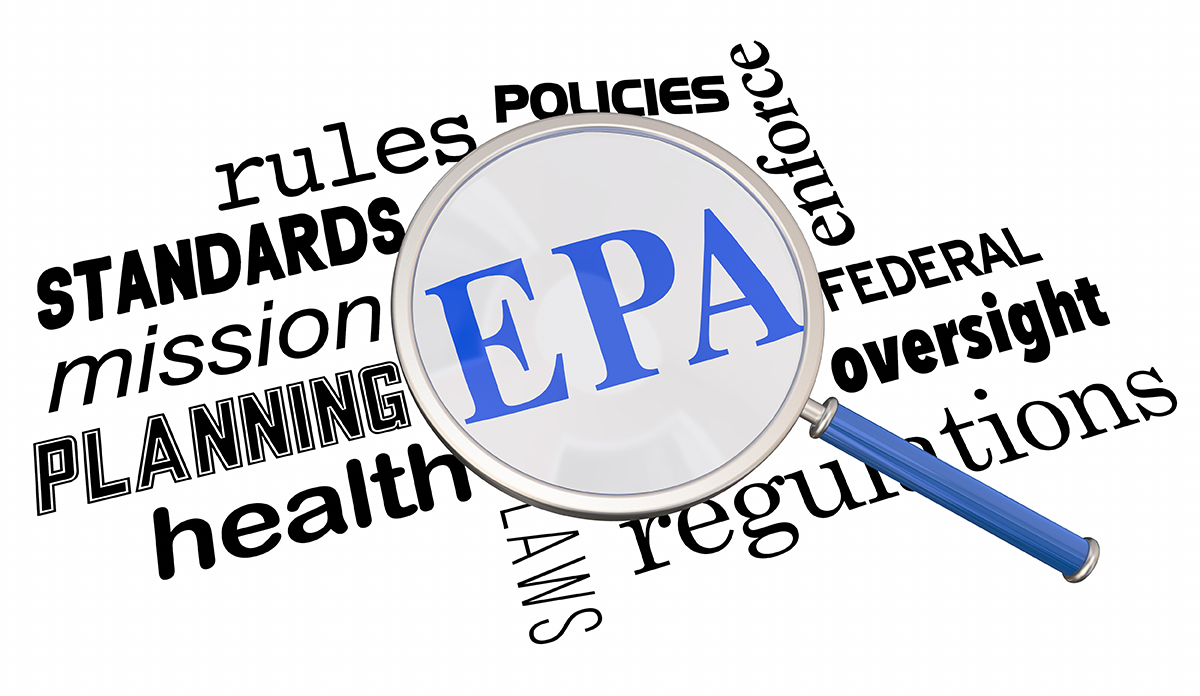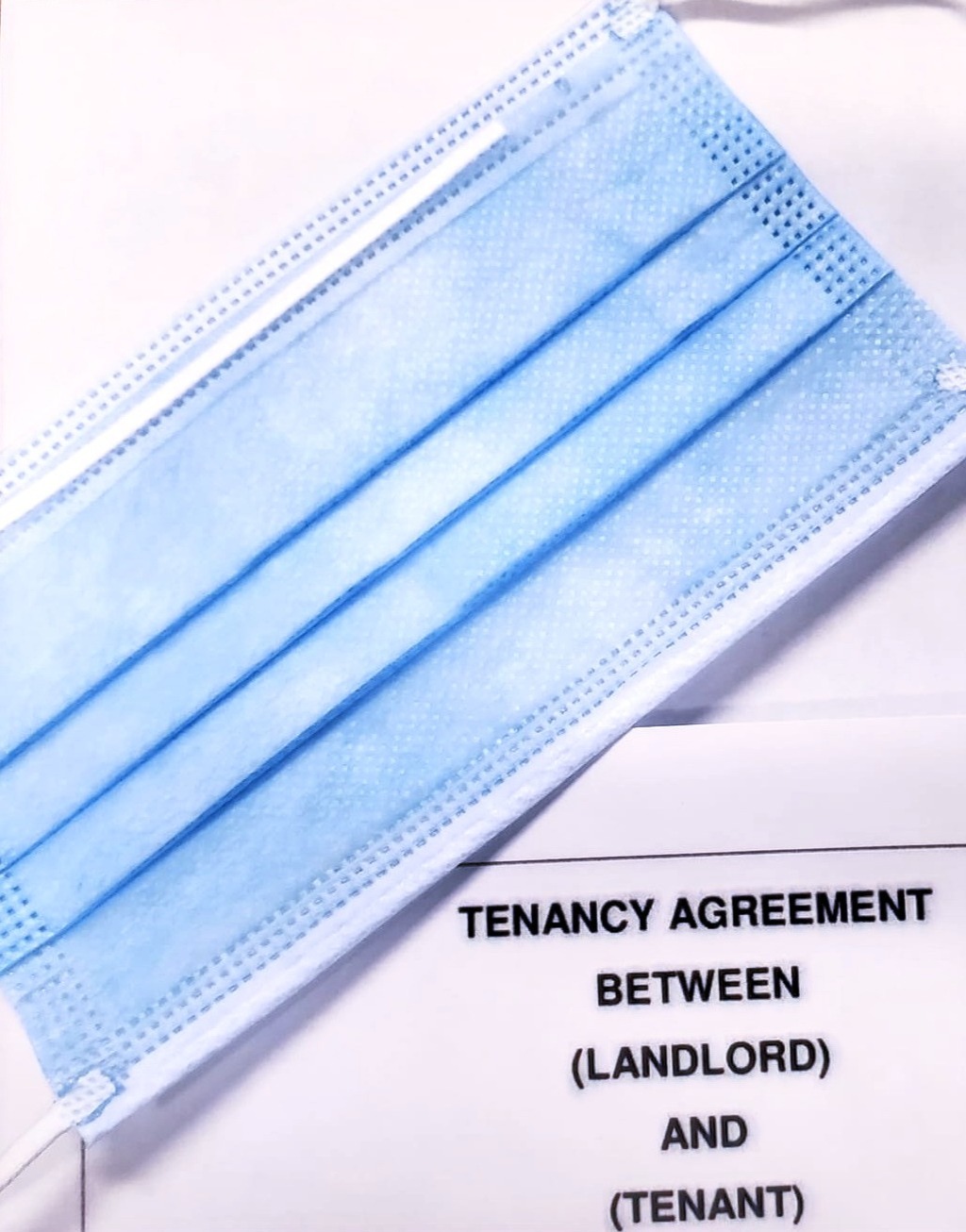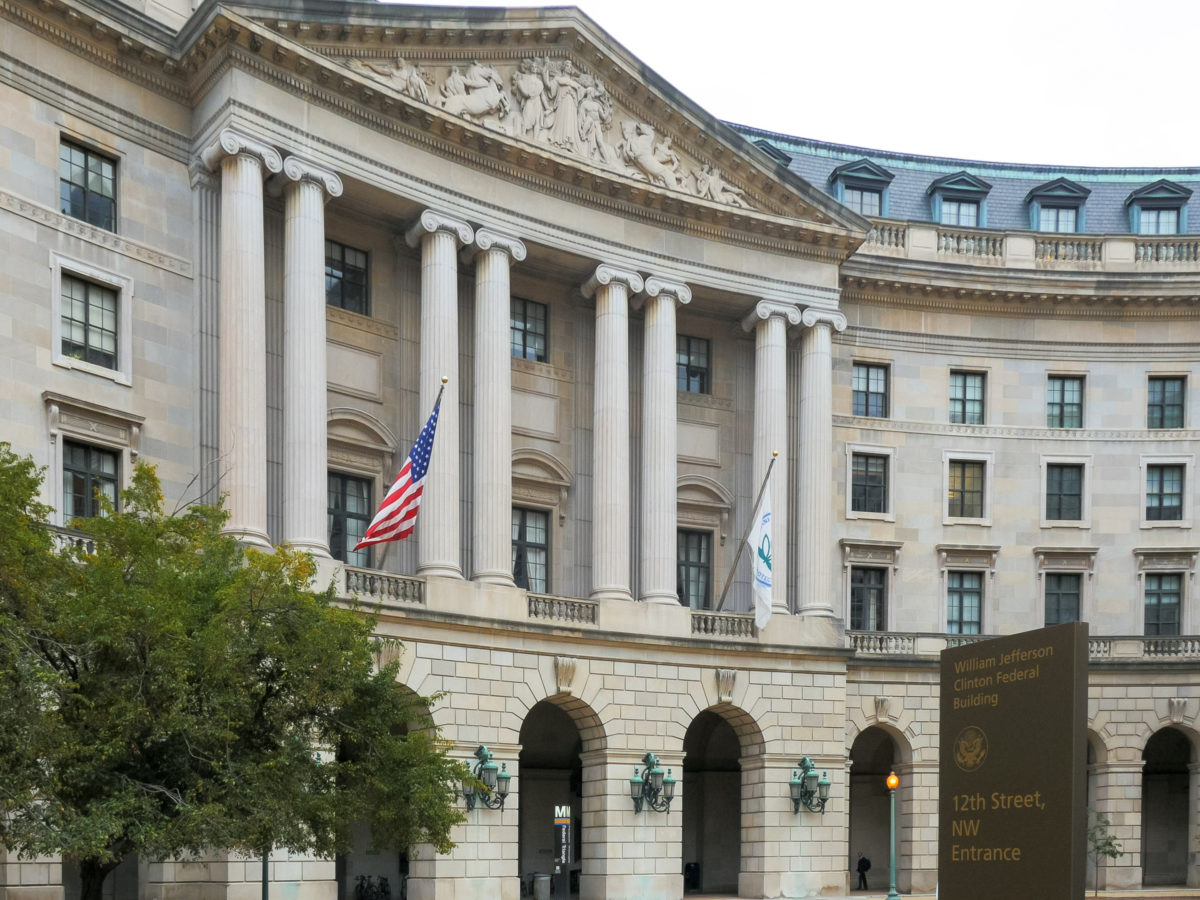Within the real estate community there are many unanswered questions about how the new regulations will work and how they will affect transactions. For buyers, sellers and lenders, ambiguity is never good for business. One of the big questions with the new regulations is the date upon which the creation…
I am not blaming DEEP for creating a very serious dilemma. PFAS are everywhere. If you are a Transfer Act site and you fall into one of many industrial categories, you must test for these compounds. However, if you find PFAS in groundwater, you likely cannot successfully verify a site…
PFAS lawsuits are becoming a significant liability concern for many companies. PFAS (Per- and polyfluoroalkyl substances) are found in numerous consumer and commercial products. They are great at providing resistance to stains, oil, and grease. However, they do not break down in the environment and are therefore known as “forever…
New proposed “Released Based Cleanup Regulations” may impact more properties and real estate transactions than the current Transfer Act The Connecticut Department of Energy and Environmental Protection (CT DEEP) recently published notice of its intent to adopt new Release Based Cleanup Regulations (RBCRs). The draft regulations and associated documents can…
Identifying per- and polyfluoroalkyl substances (“PFAS”) as a major environmental issue is no longer open for discussion. It is one of the nation’s biggest environmental problems. We know that both nationally and locally, the Environmental Protection Agency and the states are struggling to determine how to address this problem. Given…
The Environmental Protection Agency (“EPA”) and the Biden Administration announced the first federal regulations regarding the presence of per- and polyfluoroalkyl substances (“PFAS”) in drinking water. Known as “forever chemicals” because of their resistance to breaking down in the environment, PFAS present significant health risks. While PFAS are found in…
One major environmental issue plaguing the country right now is the ubiquitous presence of PFAS. PFAS stands for Per- and Polyfluoroalkyl Substances, and they are synthetic chemicals that have been used in firefighting foam as well as in a litany of consumer products including cookware, paints, electronics, sealants, and lubricants,…
Too often we only think of employing environmental experts in an adversarial context. In truth, battles between experts rarely assist in advancing negotiations and often become the issue that unnecessarily kills deals. We suggest a change in strategy. Utilize your experts earlier in the negotiating process, before the process becomes…
States have needed to continuously update their coronavirus response protocols as infection rates rise and as the world learns more about the Covid-19 pandemic. Moreover, the Centers for Disease Control and Prevention (CDC) also provides guidance that states, business owners, and landlords should follow. Landlords and businesses are expected to…
Investing in multi-family property is a great way to build wealth. Multi-families are also great first investments for new investors looking to make a smaller purchase to get their feet wet before buying something bigger. However, when buying a multi-family property there are a number of legal issues that every…
The Connecticut legislature overwhelmingly voted to sunset the Connecticut Transfer Act, the law which has regulated contaminated properties in the state for the last 35 years. Instead, Connecticut will shift to a release-based remediation program where “any person who creates or maintains a release to the land and waters .…
Real Estate Contracts During the Coronavirus Pandemic The Covid-19 health crisis has changed everything for the foreseeable future. How we socialize. How we do business. How we interact with our family. And even how we purchase real estate. While I am confident that we will all get through this together…
Is there light at the end of the tunnel? Last month Governor Lamont signed Public Act No. 19-75, a new law that amended several provisions in the Transfer Act. These amendments are favorable to the regulated community and are designed to narrow the scope of real properties and businesses that…
Even though I am technically considered a millennial, I distinctly remember a time when technology was not an integral part of my life. Today, it would be foolish to fail to recognize its significance in my daily life and prevalence in the practice of law on many different levels. One…
Buying or selling your business? We have the expertise and over 40 years of experience to assist you with your next transaction. No transaction is too big or too small for us to assist you with. Whatever the scope, we will give your transaction our full attention. In the calendar…
I have always loved Yogi Berra. He was a Hall of Fame player and a Hall of Fame creator of peculiar expressions. My favorite Yogiism is “When you come to a fork in the road, take it.” Although not a Yogiism, I am also fond of the expression, “Don’t throw…
Over 30 years ago, when my oldest son Eric was about 7 years old, he wrote a story entitled, “What I Want to Be.” It started with a singular line. “When I grow up I want to be an environmental layer.” Yup. He wanted to be a “layer” just like…
I still remember a site inspection that I performed more than 30 years ago. I had already represented Company X for some time and was not surprised when its President approached me. However, I was a bit taken aback when he said, “What are you doing here?’’ I got the…
As a relatively small firm, we have been involved in a surprising number of major development projects. We have represented buyers, sellers, and lenders on very substantial acquisitions and represented large corporate clients in court and arbitrations as plaintiff’s counsel or defendant’s counsel. We have had many successes (which feel…
One of the most common issues we face when representing landlords is the unexpected triggering of the applicability of the Transfer Act, Conn. General Statutes §22a-134, et seq., by a tenant. This typically occurs when the tenant becomes an “Establishment” under the Transfer Act by generating greater than 100 kilograms…
Environmental due diligence is fundamental to transactions involving properties that may have been subject to a hazardous substance release. Although such due diligence remains an important aspect of a successful property acquisition, the risks of due diligence have increased as more environmental conditions must be reported to the Department of…
Environmental Laws, just like tax policy, can be a powerful force in bringing businesses and jobs back to the cities. This is particularly important in Connecticut where budgetary and fiscal concerns limit growth. Here are some ideas for change at the state regulatory and statutory levels that could prove effective:…
Even though our weather hasn't changed, the calendar shows that it is April. April brings the NCAA Tournament, the start of the baseball season and the start of the Stanley Cup playoffs. April 15th is also the date taxes are due. Taxes can include capital gains generated by the sale…
Be careful because you may just get what you wished for. Big-box retailers, home improvement stores, grocery stores, and pharmacies are certainly desirable tenants. However, from a Transfer Act perspective, these seemingly innocuous enterprises often generate significant quantities of hazardous waste. For example, take some stale or obsolete inventory (nail…
There is this great program that no one in Connecticut seems to know about which has the potential to provide huge benefits to property developers. Since the Brownfield Remediation and Revitalization Program (the “Program”) was created by HR 11-141 in July 1, 2011, only 20 applications have been submitted. Once…
Cleaning up contaminated property comes with its own set of special obligations and, remarkably enough, special benefits. With tax season fast approaching, careful consideration and creative accounting of remediation costs may offer some unexpected relief. A. THE BASICS… DEDUCTIBLE VS. CAPITAL EXPENSE The IRS, through relevant revenue code sections, generally…
The problem with environmental law in Connecticut is that it suffers from a lack of clear direction. Contrary to public opinion, the regulators at the Department of Environmental Protection are, for the most part, extremely competent and hard-working. Government employees are simply an easy target given the economic and political…





























